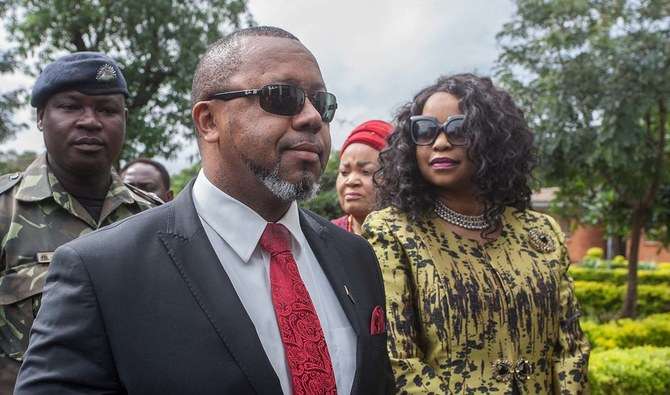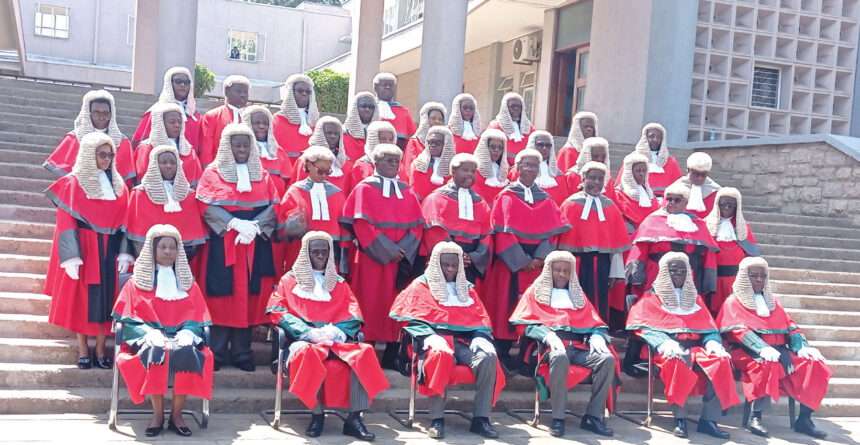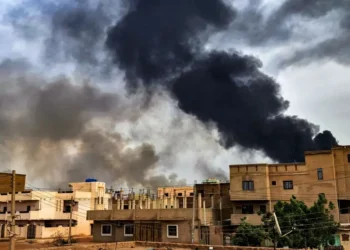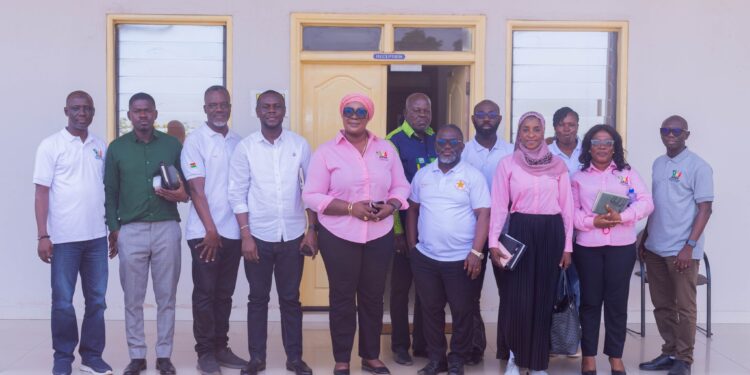Malawi’s judiciary is under intense scrutiny as the Judicial Service Commission (JSC) investigates allegations of corruption involving judges and court officials.
This inquiry follows a wave of public concern sparked by lawyer Alexious Kamangila’s revelations shared on social media in October, accusing prominent figures within the judicial system of misconduct.
The investigation has targeted respected judge Ken Manda, while the Malawi Human Rights Commission has pledged to conduct its public inquiry to reinforce judicial accountability. The move comes as public trust in Malawi’s legal institutions is eroding, raising concerns over the system’s ability to function independently and uphold justice.
Corruption Claims Undermine Judicial Independence
Patrick Mpaka, president of the Malawi Law Society, underscored the severe impact of these allegations. “The judiciary is an arm of government responsible for enforcing the constitution and the laws. It ought to be independent,” he stated.
However, he pointed out that public trust is vital for maintaining this independence. “When the public is beginning to lose trust in the judiciary, it is a huge problem,” Mpaka noted.
He stressed that trust enables the public to accept even unpopular rulings, reinforcing the judiciary’s authority. To rebuild confidence, Mpaka emphasized the need for swift, transparent investigations by regulatory bodies to ensure that accused judges are either exonerated or held accountable.
Lessons From Ghana’s Judicial Crisis
Malawi’s current situation draws parallels to Ghana’s landmark corruption scandal in 2015. Investigative journalist Anas Aremeyaw Anas conducted a two-year undercover operation that unveiled deep-rooted corruption within Ghana’s judiciary.
The fallout was significant: 22 circuit court judges and magistrates were suspended, and 12 High Court judges faced investigations after being caught in secret video recordings.
Wilberforce Asare, a judicial service analyst in Ghana, recalled the impact of the scandal.
“It was a very big embarrassment to the country and the judicial service. It has never happened before in our history.”
Wilberforce Asare
Despite the backlash Anas faced, he believes the expose brought substantial reform. “The judiciary is now much more respected in Ghana than it was in 2015,” he added, citing the long-term positive outcomes.
High-Profile Cases Add To The Pressure
The scrutiny of Malawi’s judiciary intensified earlier in 2024 when corruption charges against then-Vice President Saulos Chilima were abruptly dropped.

Chilima, who had been arrested in November 2022 over allegations of accepting bribes in exchange for government contracts, denied all charges before his sudden death in a June plane crash. His state funeral drew attention to unresolved questions surrounding his case.
According to Mpaka, these headline-making cases only reveal part of a deeper, systemic problem. In 2021, a multi-agency task force, including the Malawi Law Society and the Human Rights Commission, issued a statement pledging to address corruption within the judiciary.
However, as Mpaka highlighted, “the task force never made much progress.” The Malawi Law Society, alongside the Ministry of Justice, subsequently initiated its measures to regulate judicial conduct, resulting in the recent probes.
Investigations And Public Assurance
The JSC has committed to a four-week timeline for investigating current cases involving judges implicated in Kamangila’s accusations. Public confidence hangs in the balance as these proceedings unfold.
The commission has noted that some of the judges under investigation are handling active cases, raising further concerns about impartiality and fairness.
As Malawi watches closely, lessons from Ghana serve as a reminder that bold investigative action and reforms can strengthen public trust in the judiciary.
While Asare acknowledges the difficulties Anas faced, he believes the benefits were clear. “The investigations exposed the deep-seated corruption,” he said, leading to a judiciary that now commands greater respect.
The outcome of Malawi’s investigations will shape public perception and could pave the way for significant reforms, restoring the faith necessary for the judicial system to operate independently and justly.
READ ALSO: Government Criticized Over Weak Efforts in Galamsey Fight





















